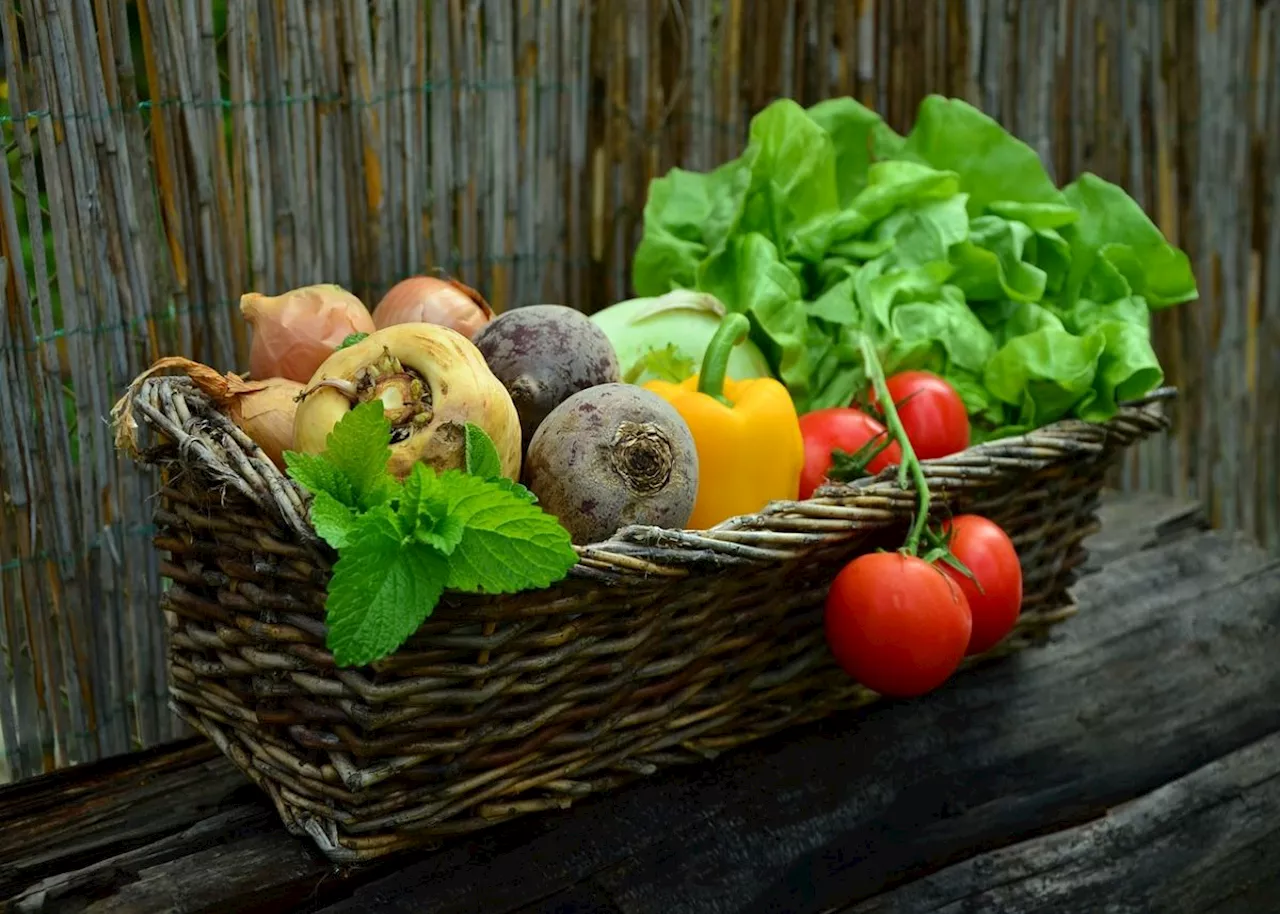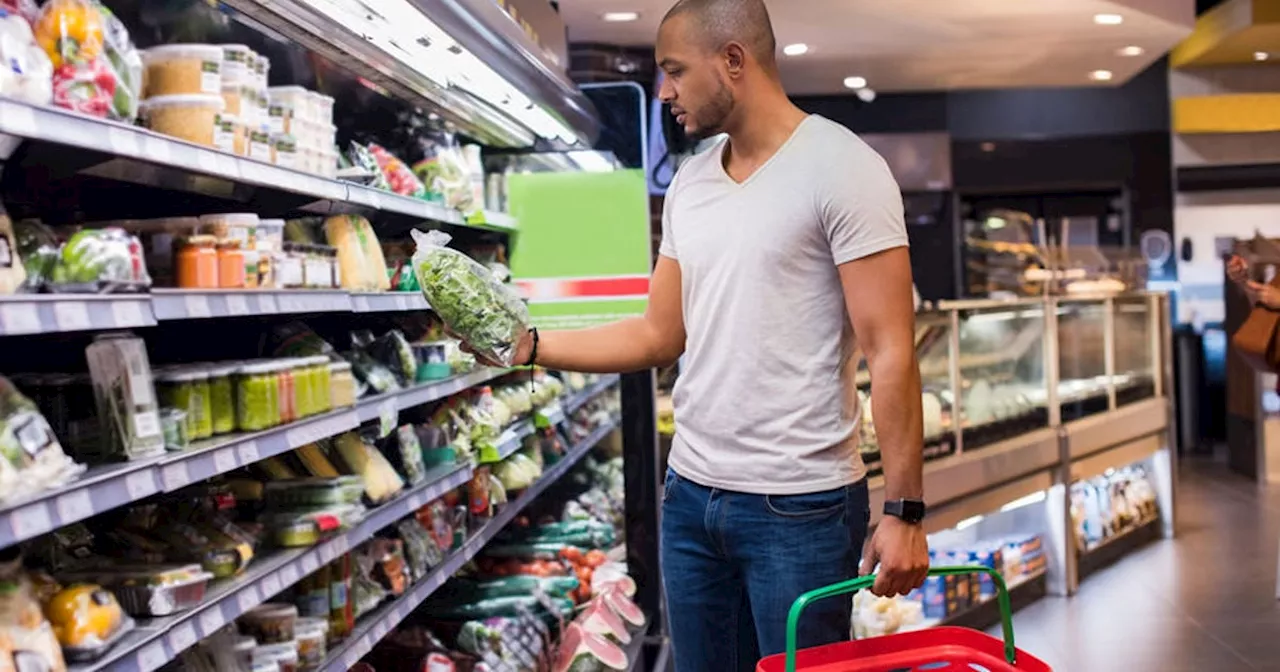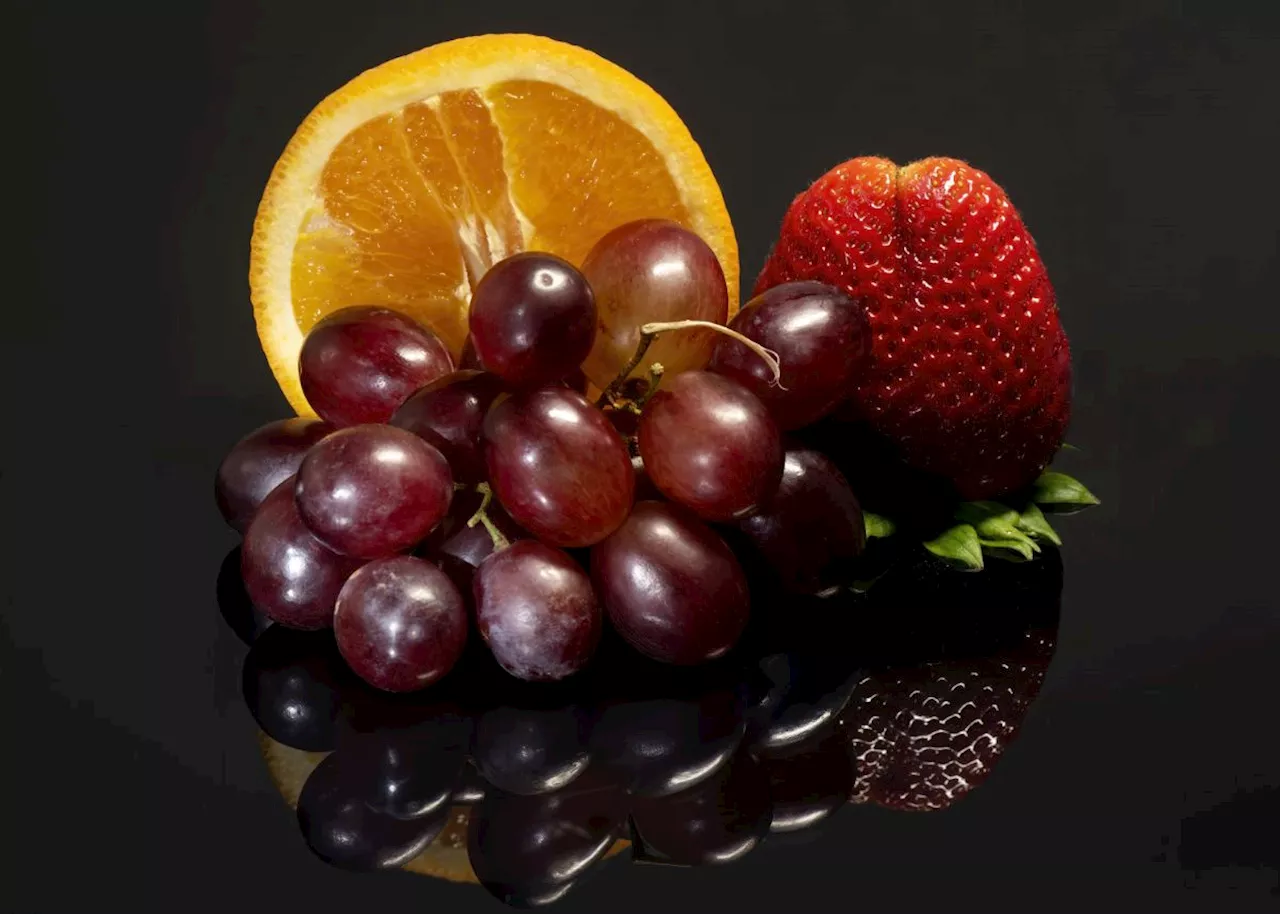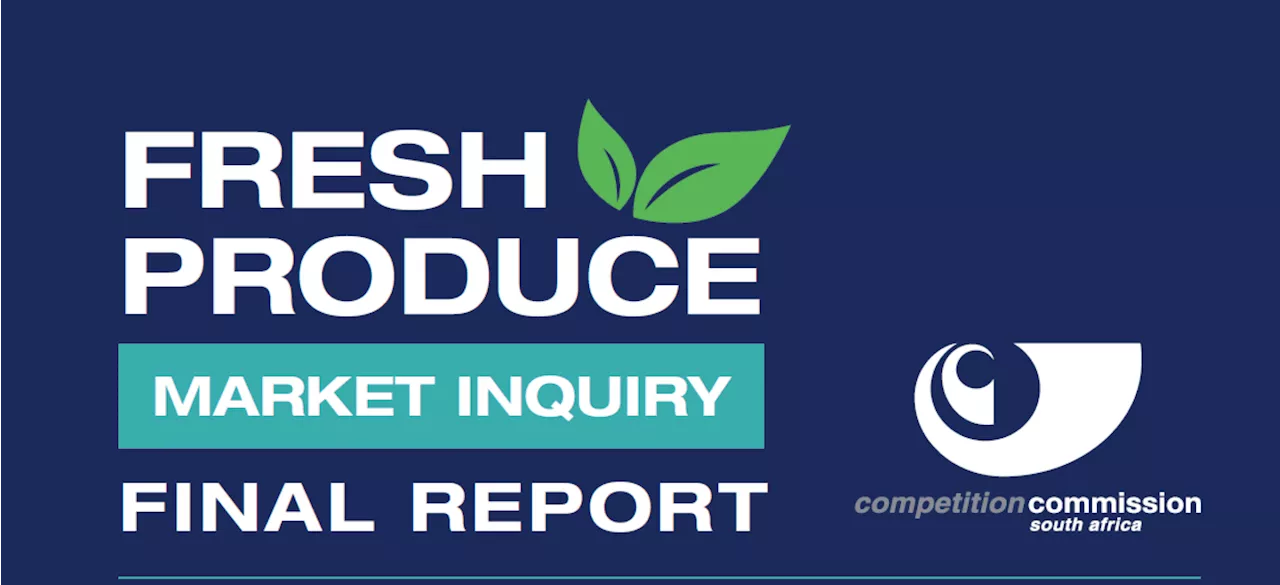The Competition Commission's Fresh Produce Market Inquiry identifies significant barriers to competition in the South African fresh produce sector, including inefficiencies in markets, high input costs, and limited access for small-scale farmers. The report calls for policy reform, market restructuring, and targeted support to promote competition and inclusivity.
The Competition Commission’s Fresh Produce Market Inquiry has revealed significant barriers to competition within the sector. These barriers include inefficiencies in municipal fresh produce markets, problematic conduct of market agents, high input costs, regulatory hurdles, and systemic challenges faced by small-scale, emerging, and historically disadvantaged farmers.
The Inquiry also highlighted the limited access these farmers have to formal retail channels and national markets, emphasizing the need for transformation in the sector. The Competition Commission presented the final report to the Minister of Trade, Industry and Competition, Parks Tau, on Monday.The Commission conducted extensive consultations with stakeholders throughout the Inquiry process, including consultations to define its scope, public hearings, and farmer workshops. A provisional report was released in June last year. The Inquiry’s primary objective was to identify features within the fresh produce value chain that might impede, restrict, or distort competition. It focused on five fruits (apples, citrus, bananas, pears, and table grapes) and six vegetables (potatoes, onions, carrots, cabbage, tomatoes, and spinach) – staples in South African households.Following the provisional report, the Inquiry received submissions and engaged further with stakeholders to discuss concerns and refine recommendations and remedial actions. Hardin Ratshisusu, chairperson of the Inquiry, stated that it also highlighted the limited access of small and emerging farmers to formal retail channels, national fresh produce markets, and concerns regarding slow transformation among fresh produce market agents. The Inquiry noted that the fresh produce market in South Africa, valued at over R53 billion annually (excluding informal sales channels and exports), presents a significant opportunity for growth and inclusion. However, Ratshisusu emphasized that the share of participation by historically disadvantaged farmers and market agents remains low. “This under-representation is a stark reminder of the sector’s historical inequities and the urgent need for meaningful participation in the economy and transformation in South Africa.” Investigating retailer pricing of the five fruits and six vegetables, the Inquiry’s analyses found that supermarket sales and pricing revealed instances of high mark-ups of total revenue over what suppliers were paid for some of the selected products during the analyzed periods. Although net margins—after accounting for the high costs of supermarket chain operations—are slim.Ratshisusu stated that this indicates concerns within the value chain where high rents may be extracted at the supermarket level. “The implication is that under the current models of modern food retailing, supermarket chains are not efficiently transmitting prices obtained from farmers to consumers for these produce categories. This suggests that competition in the formal retailing of fresh produce is not as healthy as it could be.” In the final analysis, noting challenges in the fresh produce market and related distortions to competition, the Inquiry identified 31 practical and reasonable remedies, including recommendations for policy reform, market restructuring, and targeted support for small-scale, emerging, and historically disadvantaged farmers. These measures aim to promote competition, lower barriers to entry, and create a more inclusive and competitive fresh produce value chain. These remedial actions and recommendations cover municipal-owned national fresh produce markets, market agents or agencies, supermarket retailers, shopping center property owners, agricultural seed suppliers, government, regulatory authorities, and development finance institutions.The corporatisation of national fresh produce market operations and the creation of public-private partnerships are recommended. Municipalities should ringfence profits earned from the fresh produce market to fund capital expenditure. A review of the legal framework governing fresh produce markets and possible changes to improve the existing legal framework are crucial. Municipalities should harmonize by-laws regarding trading hours, rules for fresh produce market agents, and the use of cold storage and ripening facilities within three years.Retailers must display pricing on a “per 100 gram” basis for the eleven prioritized fresh produce products, in addition to any other pricing display. Ratshisusu stated that the Inquiry provides rich insights into the domestic fresh produce market and a path towards economic inclusion. “It reflects the need to address entrenched challenges and create a market that works for all, from the smallest farmer to the largest retailer, and ultimately for the consumer,” he concluded
Business COMPETITION FRESH PRODUCE FARMERS MARKET TRANSFORMATION
South Africa Latest News, South Africa Headlines
Similar News:You can also read news stories similar to this one that we have collected from other news sources.
 How small-scale farmers can provide fresh produce to Joburg MarketThe Joburg Market is calling on farmers to take advantage of its robust supply chain network by partnering with licensed market agents.
How small-scale farmers can provide fresh produce to Joburg MarketThe Joburg Market is calling on farmers to take advantage of its robust supply chain network by partnering with licensed market agents.
Read more »
 Competition Commission Releases Report on Fresh Produce Market Anti-CompetitivenessThe Competition Commission of South Africa has released a final report investigating anti-competitive practices in the fresh produce market. The report highlights the need for market reform to address inflated prices and barriers for small farmers.
Competition Commission Releases Report on Fresh Produce Market Anti-CompetitivenessThe Competition Commission of South Africa has released a final report investigating anti-competitive practices in the fresh produce market. The report highlights the need for market reform to address inflated prices and barriers for small farmers.
Read more »
 UK Fresh Produce Importer Makes South Africa Its Main Source CountryVitafresh Produce, a major UK fresh produce importer, has established a new branch in South Africa, signaling its commitment to sourcing primarily from the country for its global markets.
UK Fresh Produce Importer Makes South Africa Its Main Source CountryVitafresh Produce, a major UK fresh produce importer, has established a new branch in South Africa, signaling its commitment to sourcing primarily from the country for its global markets.
Read more »
 Property Market Outlook 2025: A Buyer's Market?Samuel Seeff, chairperson of Seeff Property Group, believes the current low interest rate environment and positive economic outlook make 2025 a favorable time for property buyers.
Property Market Outlook 2025: A Buyer's Market?Samuel Seeff, chairperson of Seeff Property Group, believes the current low interest rate environment and positive economic outlook make 2025 a favorable time for property buyers.
Read more »
 South Africa's Media Inquiry Delayed Until 2025The Competition Commission of South Africa has once again delayed the release of its report on the impact of multinational technology giants like Google and Facebook on the local media industry. The report, initially expected in November, has been pushed to 2025. The commission cited the need for 'highest accuracy, thoroughness and credibility standards' as the reason for the delay.
South Africa's Media Inquiry Delayed Until 2025The Competition Commission of South Africa has once again delayed the release of its report on the impact of multinational technology giants like Google and Facebook on the local media industry. The report, initially expected in November, has been pushed to 2025. The commission cited the need for 'highest accuracy, thoroughness and credibility standards' as the reason for the delay.
Read more »
 Breakthrough in attempted murder of advocate in Shauwn Mkhize’s tax inquiryAdvocate Coreth Naude acting on behalf of SARS in a tax inquiry involving Shauwn ‘MaMkhize’ Mkhize survived an assassination attempt.
Breakthrough in attempted murder of advocate in Shauwn Mkhize’s tax inquiryAdvocate Coreth Naude acting on behalf of SARS in a tax inquiry involving Shauwn ‘MaMkhize’ Mkhize survived an assassination attempt.
Read more »
